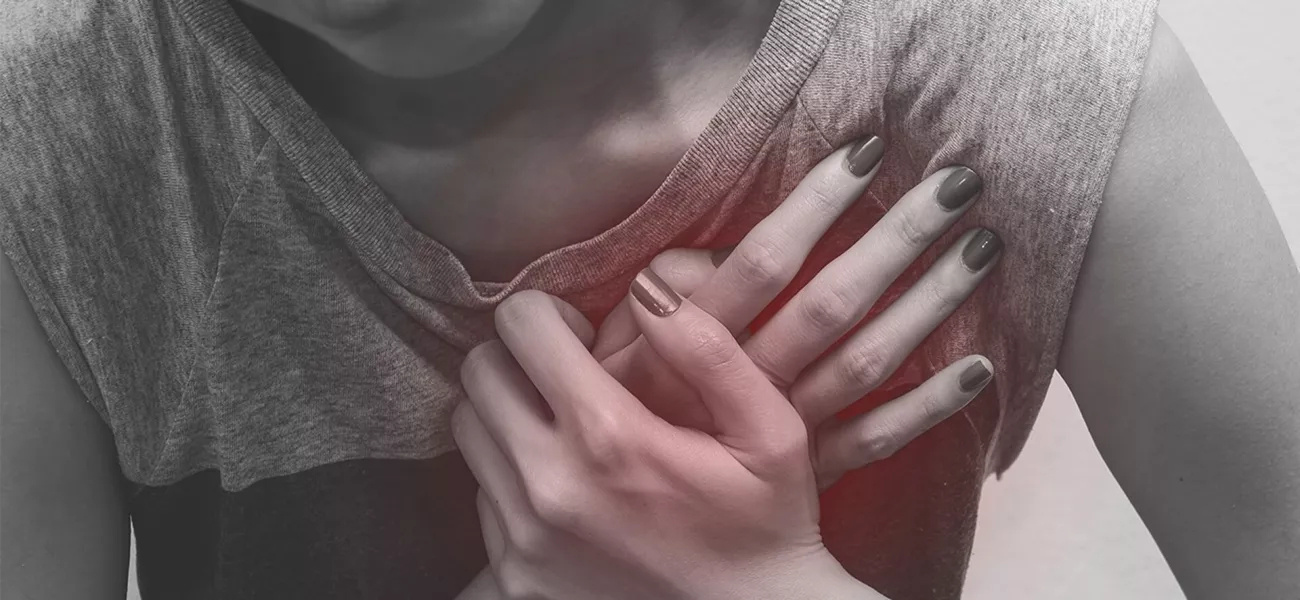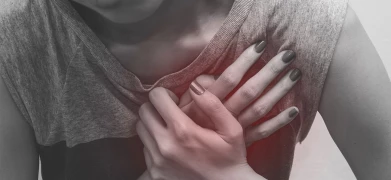
What Are the Symptoms of Having a Heart Attack? What Should Be Done When This Happens?
- What Are the Symptoms of Having a Heart Attack? What Should Be Done When This Happens?
- What should be done during a heart attack?
- What can be done to prevent a heart attack?
The heart provides the blood needs of our whole body. The heart needs a good blood supply to function properly. Coronary arteries are the vessels that supply blood to the heart. If these veins get stuck, a heart attack will occur. During a heart attack, many symptoms occur in the body. Symptoms of a heart attack include:
- Symptoms such as pain, pressure, tightness and discomfort in the chest area can occur at the time of a heart attack. This sensation, called angina pectoris, can last 20 minutes or longer.
- Difficulty in breathing, shortness of breath is another symptom that occurs during a heart attack.
- Symptoms such as numbness and pain in the parts of the shoulder and arm, starting from the chin, are among the most important symptoms of a heart attack.
- Nausea, vomiting, sweating, choking, coughing, dizziness and irregular heartbeat are among the symptoms that occur during a heart attack.
What should be done during a heart attack?
It should not be forgotten that what to do during a heart attack is vital. The patient should be taken to a hospital as soon as possible. The patient should never try to move, walk or go to the hospital alone. Because moving causes the heart, which cannot receive oxygen, to consume more oxygen. There are precautions to be taken after a heart attack. The measures to be taken are:
- If you are standing when you feel the symptoms of a heart attack, make sure to sit down. If you lose consciousness while standing, you may hit your head.
- If you are wearing a shirt and tie, the tie should be loosened and the collar of the shirt should be opened.
- If you are alone during a heart attack, call the ambulance or a relative immediately.
- If you have aspirin with you, chew the tablet.
- If doors and windows are closed, open them and try to get oxygen.
- If you feel crisis symptoms such as fainting and dizziness, try to cough vigorously. Coughing makes the heart beat faster.
- If you have a heart attack inside the vehicle, pull the vehicle over immediately and seek help from your surroundings.
- If you have someone who is knowledgeable about first aid while you are having a crisis, it will be of great help to you. If the people around you have not been trained in first aid, do not let them interfere with you and ask them to call an ambulance immediately.
What can be done to prevent a heart attack?
With some of the lifestyle changes mentioned below, you can reduce the risk of heart attack and lead a healthy life. Things to consider to prevent a heart attack are:
- Smoking should be strictly avoided.
- You should stay away from a sedentary life. Do your daily activities by setting yourself regular and non-strenuous exercises? Before creating an exercise program for patients over the age of 50, a doctor should be consulted.
- Cholesterol and blood pressure values should be checked regularly. Regular visits to the doctor should be made.
- Try to keep your weight under control. Avoid being overweight or underweight. Eat regularly, take care of your health.
- You can follow a diet program that is not high in cholesterol, fat and salt. (Take care to consume foods containing healthy fats such as avocado, olive oil, olives, nuts.)
- Consume lots of fruits and vegetables. Choose wholegrain foods.
- Salt causes high blood pressure. Therefore, the amount of salt you consume should not exceed 5-6 grams per day.
- Be sure to consume healthy protein sources such as seafood, legumes (foods like lentils and beans), and nuts.
- If you are going to consume red meat, be careful to consume the lean parts of the meat. Consume red meat 1-3 times a week at most. Avoid too much.
- Intense stress and distress should be avoided.
- Regular blood sugar and diabetes checks should be done.
- Alcohol should be avoided.


